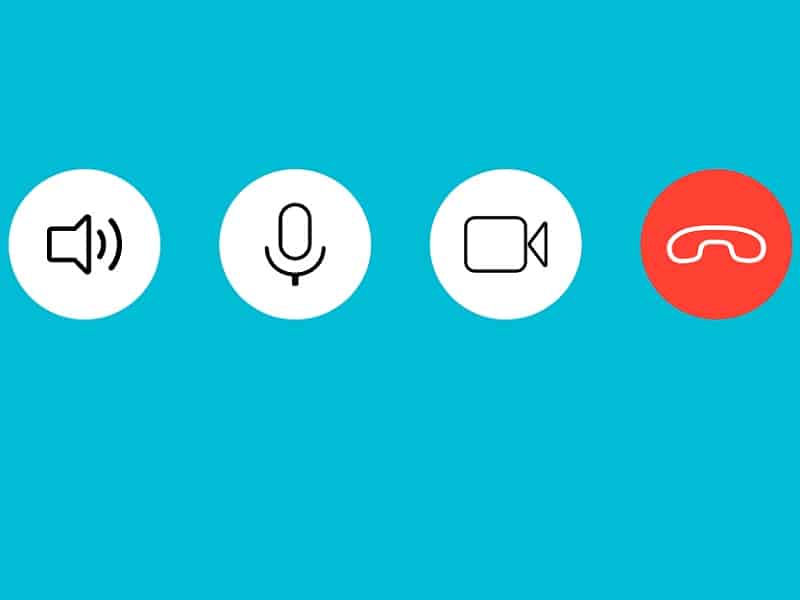When the notion of redundancy comes up, the focus often […]
 Losing your job sucks. We all know that. That’s why outplacement support exists – to speed up the recipient’s transition to a better place, a better career, a better life.
Losing your job sucks. We all know that. That’s why outplacement support exists – to speed up the recipient’s transition to a better place, a better career, a better life.
But a rollercoaster of emotion awaits the redundant employee … from shock, denial, anger and acceptance through to hope, anticipation and excitement. As with all rollercoasters of emotion, losing your job can destroy your confidence, lead to lower self-esteem and create a feeling of loneliness or separation.
The experienced outplacement coach can prove invaluable in safely guiding an employee through this maze of emotion and many employers now provide support as a matter of course. However, when designing a programme of support, one topic still dominates the discussion:
Face to face or remote access support – which is best?
I have no desire to decry the value of face to face support in outplacement provision. In any form of human communication it just has to be the preferred method. However, when planning an outplacement programme, it is useful to consider some of the restrictions that face to face support can impose upon the beneficiary.
Indeed, by its very nature, face to face outplacement support presents a number of practical restrictions; the session will be required to be booked in advance, the participant will have to travel to the venue at their own expense and coaching time is likely to be restricted to a set number of hours, due to coaching being charged on an hourly basis.
Whereas remote access to coaching, via the ever growing medium of video communication channels (Skype, Google Hangouts, WhatsApp, Facetime etc.), allows the participant to access support when they want, from the comfort of their own home and as frequently as they need. This is because not every session has to be lengthy – a quick answer to a question, a snippet of advice or simply just a confidence pick-me-up, is sometimes all that is required.
In fact, it is the outplacement consultant’s improved ability to positively influence the participant’s confidence and self-esteem that is perhaps one of the leading advantages of remote access support and in particular coaching via video-chat.
For example, participants on one of Renovo’s remote access outplacement programmes receive unlimited support from their coach. This means that they can contact them whenever they have a question, need advice or simply feel frustrated or a little low. This frequency of contact, enabled by technology, builds a closer, stronger and more personal relationship between coach and participant – with many stating that the most rewarding part of the programme was the relationship they had with their coach…
When the words technology and outplacement appear in the same sentence, we can perhaps be forgiven for suspecting a degree of coldness, isolation and lack of empathy. But in reality (or at least at Renovo) technology in outplacement is not simply about access to an online platform packed with valuable resources – it is about harnessing technology to make the coaching relationship more impactful.
If I was receiving outplacement support today, I would want my coach to come to my house (so I didn’t have to travel) at just the time I needed them (perhaps when a recruiter had just rung and told me that I have an interview tomorrow… and I am panicking).
But more importantly, I want someone on my team, someone who is fighting my corner, every inch of the way….I want them here…because I need them now…
David Twiddle is Founder and Chairman of Renovo – The Outplacement Specialists, the UK’s leading pioneer of remote access outplacement.
When the notion of redundancy comes up, the focus often […]
Networking is often one of the most underutilised tools of […]
Employees face a retirement planning picture that is far more […]